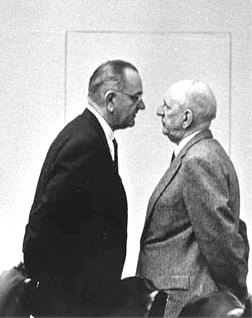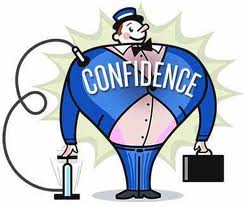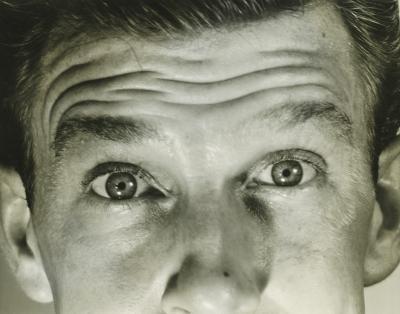Too Close?
March 31, 2013 | By Rachel Hankey |

When you meet someone for the first time, you always keep those three feet or so of distance between you. As long as you can reach to shake hands, then continue to converse with the room to gesticulate without any risk of karate chopping the other person while you do, then you have found the zone of comfort. You want to be able to be close enough to show a commitment to the interaction without feeling too intimate.
How do you know when it feels too close? You just do, don’t you? For most people it’s instinctive. While we’re talking we jostle into comfortable positions without knowing it because we are processing several different signals at once. The body language, facial expressions, tone of voice all let us know how comfortable the person is with our mutual chosen proximity.Have you ever had a conversation with someone inebriated? Once that, alcohol-induced loss of self-awareness arrives, then so leaves the ability to judge comfortable levels of nearness. The over familiar ‘arm around the shoulder’ favoured by many a drunken conversationalist (maybe for balance, maybe to hold the unwilling listener hostage) is rarely welcome but they just aren’t capable of sensing it.
We’re all individual and we all have our own personal space boundaries. Partners, close friends, family, depending on how much they actually like each other, would be quite relaxed being in much closer proximity than two relative (and sober) strangers.Some people have more awareness than others.
I noticed a woman on the train this week sitting by the window, alone on a triple seat, reading her book, occasionally looking out at the rolling hillsides. The train drew up at the next station and a man got on the train. In almost a blink of an eye, we sometimes get a sense about someone. Our brain has its army of ‘observational soldiers’ out, ready to submit an instant appraisal. My soldiers said ‘Slightly odd’ We all make judgements, rightly or wrongly, it’s part of our self-preservation. In the bank of six seats, one corner one was being occupied by the female passenger, the man chose to sit in the seat next to her. He seemed oblivious to her immediate discomfort, the way she recoiled as tightly into her own seat as possible. In fact, within sixty seconds, she drew her coat tightly around her, pulled herself out of the seat and left the carriage.

I don’t ever remember being taught not to sit next to someone on public transport if there are other free seats. It just seemed natural. However, during rush hour on the tube, let’s face it you could endure the indignity of your face in an unwashed armpit if you’re unlucky. But it’s all about choice. When there IS no choice, you just get on with it. If you chose to rest your head on a fellow travelers shoulder, I am sure there would be a strong objection.
As obvious as it sounds, when you watch people talking, the space between them, or lack of it, tells you a lot about how comfortable they are with each other. Sometimes it’s when they stop talking that the space between them speaks the most loudly.


 Some people wear it like a coat, covering what they perceive to be their less confident but true self in something more robust and appealing.
Some people wear it like a coat, covering what they perceive to be their less confident but true self in something more robust and appealing.
 I’m often on the train. I actually enjoy train journeys simply because I get to indulge in one of my favourite past-times; people watching.
I’m often on the train. I actually enjoy train journeys simply because I get to indulge in one of my favourite past-times; people watching. ‘Well you weren’t with Pete!’ she asked, leaning forwards across the table. I assume she was scanning his face for clues. His eyebrows shot up and his forehead wrinkled. (This can be a sign of a liar caught in the act). He looked up to the right. ‘I was at work, I was going to meet Pete but I had to stay for a meeting, for God’s sake.’ Note this, right handed people usually look to the left to recall memories, and to the right when they are in the act of making something up.
‘Well you weren’t with Pete!’ she asked, leaning forwards across the table. I assume she was scanning his face for clues. His eyebrows shot up and his forehead wrinkled. (This can be a sign of a liar caught in the act). He looked up to the right. ‘I was at work, I was going to meet Pete but I had to stay for a meeting, for God’s sake.’ Note this, right handed people usually look to the left to recall memories, and to the right when they are in the act of making something up. Unfortunately, I reached my destination not long afterwards and I will never know if conservation was made, or numbers were swapped.
Unfortunately, I reached my destination not long afterwards and I will never know if conservation was made, or numbers were swapped.



